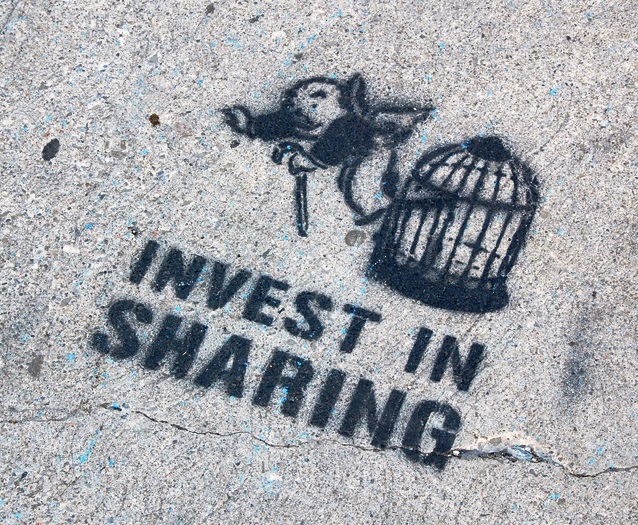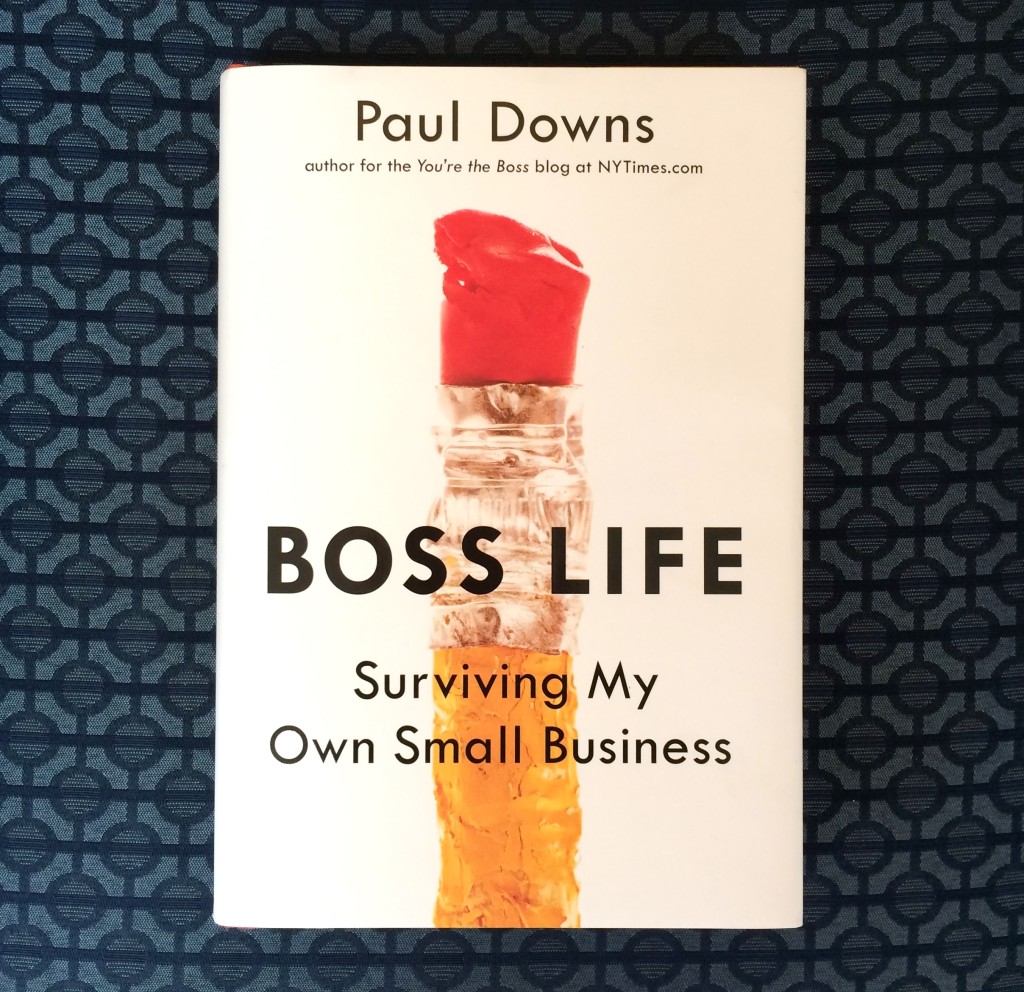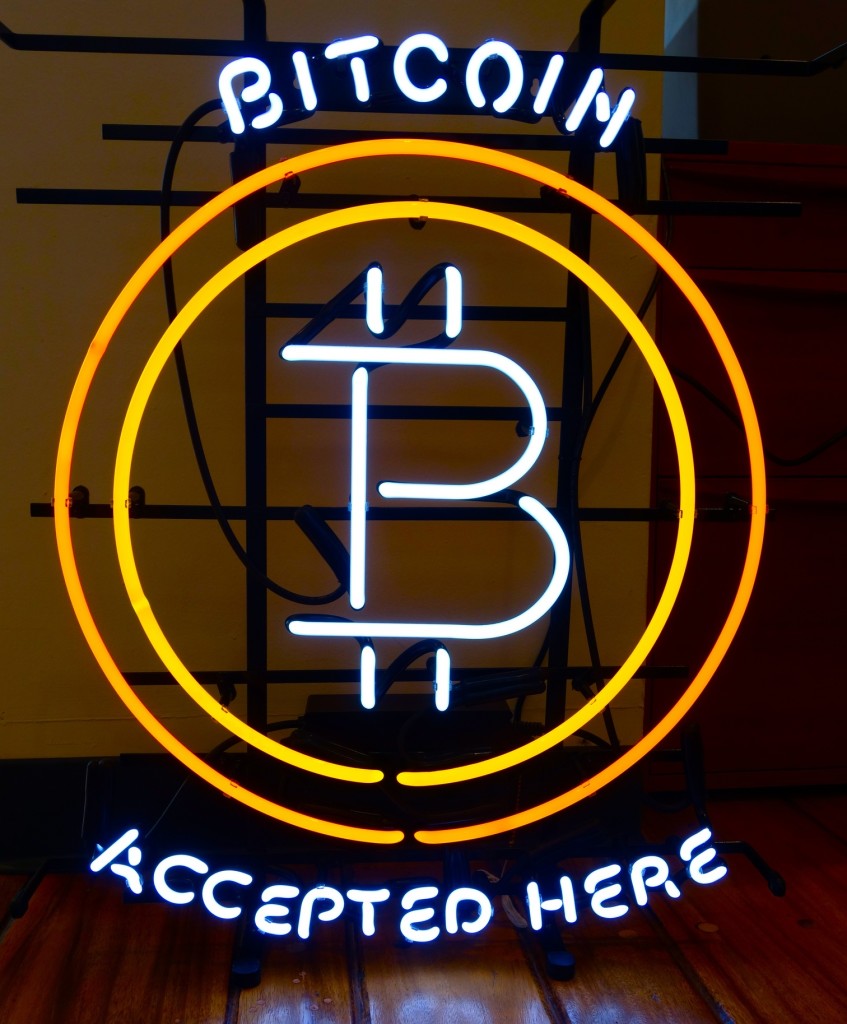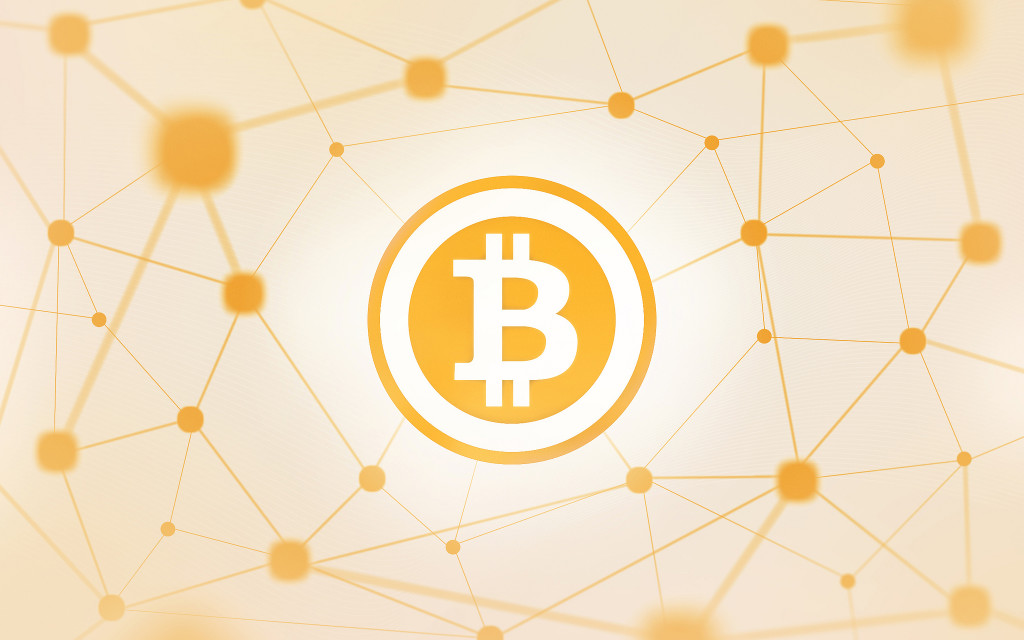
Sara Bibel writes on The Billfold about having a rich uncle:
“When I was making big bucks, I offered to pay my uncle back for the tuition assistance he had given me. ‘Why?’ he asked. ‘I don’t need it.’ I feel guilty about this privilege, that I am not saddled with the debt that has made life difficult for so many people I know. I do my best to pay my good fortune forward. […] Access to wealth, and the knowledge that comes with it, is like getting compound interest on your entire life.”
I said this on Facebook, but I think it’s worth noting here for posterity: I also have the privilege of wealth-adjacency — more than that, actually, because my immediate family is financially comfortable as well as my relatives. I would be in a drastically different situation without robust health insurance and parents who could support me into my early adulthood. That doesn’t even address the money-manipulation comfort that Bibel brings up in her article (which I’m still learning).

Something that should happen more often: Rich people mentoring poor kids specifically regarding personal economics. (Also systemic policy reform of various kinds, but let’s not get too excited.) If I’m ever wealthy by virtue of my own actions, I hope I will take the time and energy to hang out with a low-income high-school student and, I dunno, impart some knowledge. And buy their textbooks. Is that an unrealistic notion?
Of course, the policy reform is what would really help — if only moneyed interests didn’t have such a stranglehold on politics! One of the cruelest symptoms of growing up poor is that the whole arrangement is rigged: financial security is unattainable — but if you somehow magically attain it, you can’t handle your newly healthy bank account because you haven’t been able to practice not being broke. (Warning: both articles contain offhand references to sexual violence.)
Cracked.com is not your typical progressive publication, but apparently they had the sense to make John Cheese an editor. The brilliant Tressie McMillan Cottom has also written wonderfully on this topic.






